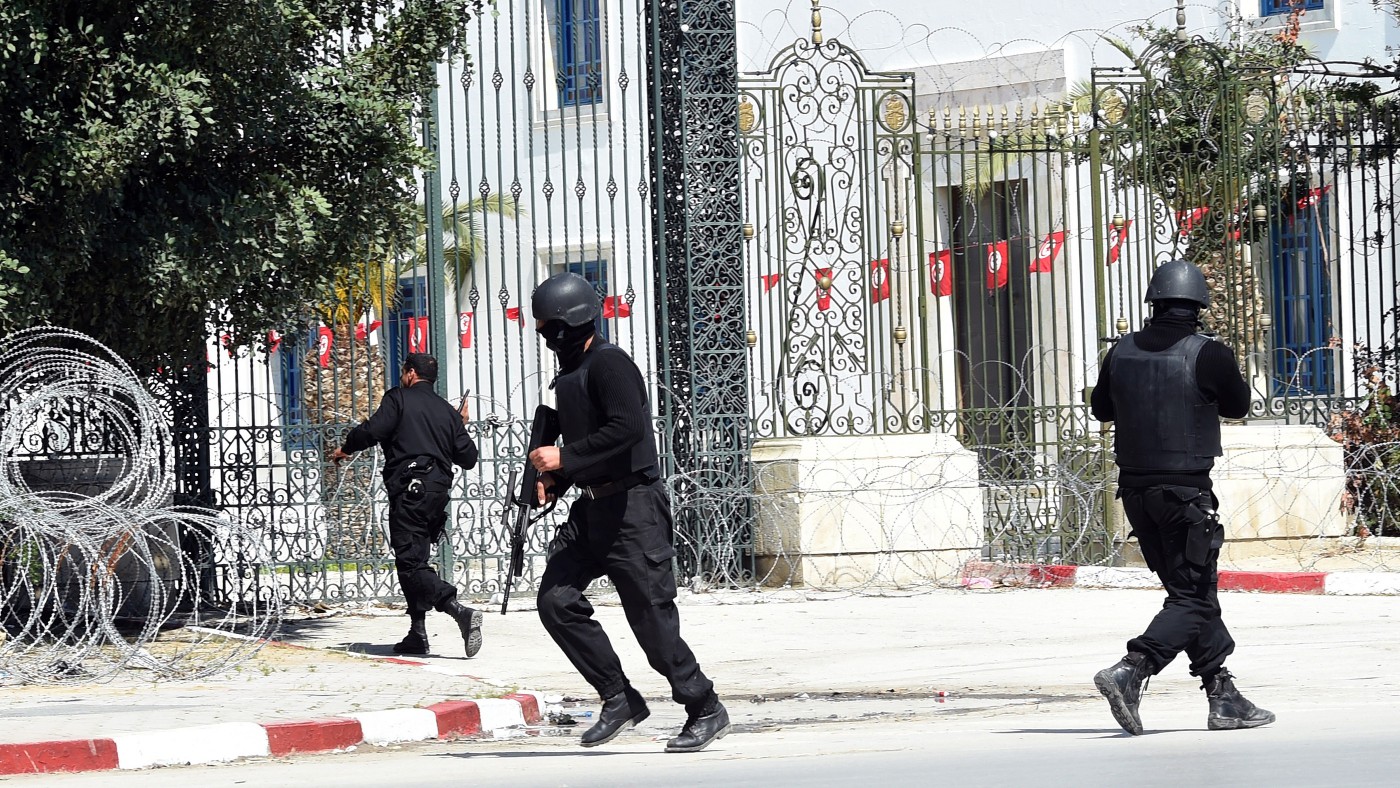This is the weekly newsletter from Iain Martin, editor of CapX. To receive it by email every Friday, along with a short daily email of our top five stories, please subscribe here.
In the latest attacks on Kobane, ISIS reportedly killed 146 civilians on Thursday. In Tunisia, at least 28 people lost their lives on Friday when gunmen attacked a hotel in a tourist resort. In Kuwait, a bomb in a mosque killed 25 and injured more than 200. And in France, a businessman was decapitated by terrorists who attempted to blow up a factory.
Even those interested mainly in economics and politics – and CapX is primarily focussed on those subjects and on the promotion of markets – can surely see that these related events in the last 48 hours mean that the threat from Islamist fascism is not receding. It is growing more serious and deadly by the week.
Indeed, for all our chatter in the West about Greek deals, and trade treaties, and our technological prowess, and controversial US Supreme Court rulings, it will all be for naught if the terrorist state that is being born from the wreckage of Syria and Iraq gets hold of weapons of mass destruction. Incidentally, in the West it is now customary to refer to WMD with a smirk or an ironic raised eyebrow, as though the intelligence failings of the 2003 invasion of Iraq forever insulate us from future attacks by fanatics.
This is even before one considers the immense human cost now, today, of the spread of the Islamic State phenomenon, and the moral duty we have to help the vulnerable. Hundreds of thousands of men, women and children are refugees, opponents are executed on social media in a manner that is far from being medieval (it is ultra-modern), while people are flung from roof tops on the order of Islamic State thugs, just for being homosexual.
In Europe the crisis is producing a humanitarian disaster as rackety flotillas full of refugees, in search of safety and opportunity, try to cross the Mediterranean. EU leaders squabbled over how to respond at their summit on Thursday evening, which is an indication that at least some of them now realise that the permeability of the southern border of the EU is possibly the greatest security and economic crisis facing Europe.
In such circumstances, one wonders when the leaders of the West, and the citizenry who might rather wish the nightmare was not happening, are going to confront those who seek to destroy us? When, in short, will the West wake up?
The experience of the last decade and a half makes dealing with this crisis profoundly difficult. That there is war weariness in countries such as the US and the UK is hardly surprising, when so many sacrifices were made in Afghanistan and Iraq and the results were not a success. The financial crisis – the money at home running out – exacerbated the situation.
But if the pro-Iraq War crowd have many lessons to learn, about the limits of power and the dangers of cack-handed foreign policy, it is about time the anti-war lobby (on left and right) changed the record. It is not enough to say that this mess is the result of policy failures from the early 2000s, as though that means nothing should ever be attempted again. It is a cheap debating point and does anyone really think that pleading with Islamic State for peace, or invoking the United Nations, is going to lead to their defeat?
If we are talking about history, we can, if one chooses, go right back to the decisions made by Franklin Roosevelt in his dealings with the Saudis in 1945, and the manner in which the spread of Wahhabism was tolerated for decades in return for oil from the House of Saud, even when decades later Wahhabism began to mutate with explosive geopolitical consequences. Before Roosevelt, there was the questionable role played by the British in the region.
But we are where we are. And where we are right now involves Islamic State throwing people off roof tops, fanatics building a heavily armed caliphate, and their disciples murdering innocents in Europe and beyond.
In the end, the Obama approach of “leading from behind,” and the hope on the part of the West that this crisis will somehow go away of its own accord, is delusional. His successor, from which ever party they come, will need a proper foreign and defence policy. For as when the Nazis had to be defeated, defeating Islamist fascism is going to take resolution, cunning and – there is no way round it – military might.
Elsewhere on CapX this week, we tackled the Greek crisis, the French reaction (not positive) to the rise of the taxi app Uber, the Scottish Land Reform bill that threatens private property rights, and much else besides.
This weekend there will be book reviews on the CapX site and coverage of the Greek crisis when developments merit it.


